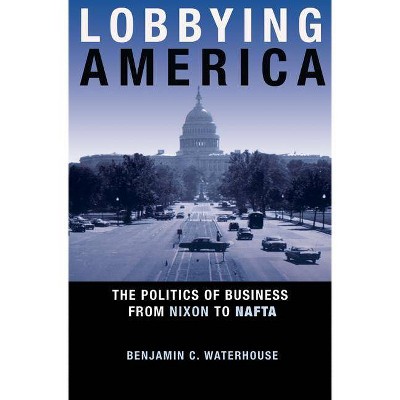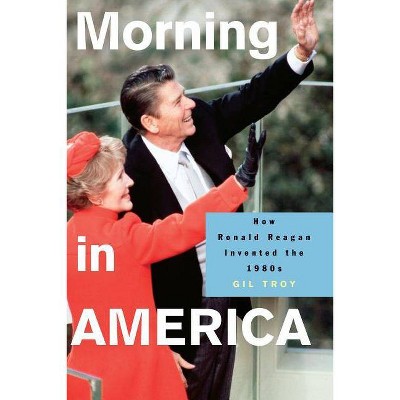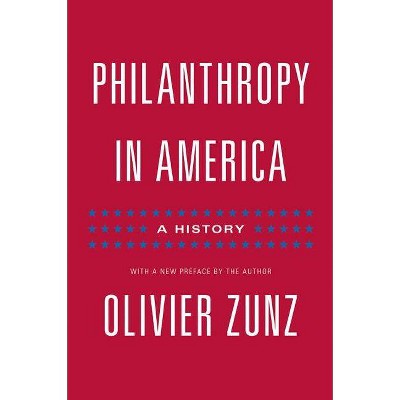Taken Hostage - (Politics and Society in Modern America) Annotated by David Farber (Paperback)

Similar Products
Products of same category from the store
AllProduct info
<p/><br></br><p><b> Book Synopsis </b></p></br></br><p>On November 4, 1979, Iranian militants stormed the United States Embassy in Tehran and took sixty-six Americans captive. Thus began the Iran Hostage Crisis, an affair that captivated the American public for 444 days and marked America's first confrontation with the forces of radical Islam. Using hundreds of recently declassified government documents, historian David Farber takes the first in-depth look at the hostage crisis, examining its lessons for America's contemporary War on Terrorism. <p/> Unlike other histories of the subject, Farber's vivid and fast-paced narrative looks beyond the day-to-day circumstances of the crisis, using the events leading up to the ordeal as a means for understanding it. The book paints a portrait of the 1970s in the United States as an era of failed expectations in a nation plagued by uncertainty and anxiety. It reveals an American government ill prepared for the fall of the Shah of Iran and unable to reckon with the Ayatollah Khomeini and his militant Islamic followers. <p/> Farber's account is filled with fresh insights regarding the central players in the crisis: Khomeini emerges as an astute strategist, single-mindedly dedicated to creating an Islamic state. The Americans' student-captors appear as less-than-organized youths, having prepared for only a symbolic sit-in with just a three-day supply of food. ABC news chief Roone Arledge, newly installed and eager for ratings, is cited as a critical catalyst in elevating the hostages to cause célèbre status. <p/> Throughout the book there emerge eerie parallels to the current terrorism crisis. Then as now, Farber demonstrates, politicians failed to grasp the depth of anger that Islamic fundamentalists harbored toward the United States, and Americans dismissed threats from terrorist groups as the crusades of ineffectual madmen. <p/><br> <i>Taken Hostage</i> is a timely and revealing history of America's first engagement with terrorism and Islamic fundamentalism, one that provides a chilling reminder that the past is only prologue.</p><p/><br></br><p><b> From the Back Cover </b></p></br></br><p>"Farber has produced a succinct and authoritative book on the hostage crisis that is well researched, engagingly written, and persuasive in its conclusions. What's more, it's a real page turner. The book includes numerous fascinating vignettes, including the story behind the story of why Americans displayed yellow ribbons to seek the hostages' safe return. A truly first-rate work."<b>--Fredrik Logevall, University of California, Santa Barbara</b></p><p/><br></br><p><b> Review Quotes </b></p></br></br><br>This is solid narrative history. It does not attempt a generalized analysis of the behavior of revolutionary regimes, nor does it seek to place the response to this hostage crisis within a larger historical context. Farber's epilogue, moreover, offers no especially dramatic observations, though he does point toward the fact that Ronald Reagan, as Carter's successor, despite his tough rhetoric, was President when there were more Americans killed by terrorists than during all U.S. administrations put together up to that time. Apart from the author's excessive use of the parenthetical expression, the book is skillfully written. It deserves a wide audience.<b>---Russell Bohite, <i>The Historian</i></b><br><br>David Farber's book demonstrates that Americans--then as now--understood neither the foe that confronted them nor its motives.<b>---Anthony McRoy, <i>Muslim World Book Review</i></b><br><br>Farber . . . provides a fascinating glimpse into how events in Iran capped for Americans a decade of unfulfilled expectations and widespread disillusionment in the wake of the Watergate scandal, the fall of Saigon and a spiraling energy crisis.<b>---Reza Aslan, <i>The Nation</i></b><br><br>Readers who want to explore the causes of the current war on terrorism should read this cogent recounting of the hostage crisis of the 1970s. Unlike earlier accounts, which were written before September 11, 2001, Farber's work forcefully demonstrates that the United States can no longer ignore the popularity of fundamental Islam in Muslim nations or the all-too-widespread contempt for American democracy in these countries.<b>---Karl Helicher, <i>ForeWord Magazine</i></b><br><br>While Farber presents a detailed picture of the coming of the Iranian revolution, the rise of Islamic fundamentalism and the United States' inability to see the deal effectively with either, at the heart of his tale is America. Farber satisfyingly contextualizes the moment, vividly redrawing stagflation, the energy crisis and national malaise. . . . Farber gives a needed history lesson on the depth of political anger in the Islamic world and on the United States' incapacity to communicate its message.-- "Publishers Weekly"<br><p/><br></br><p><b> About the Author </b></p></br></br><b>David Farber</b> is Professor of History at Temple University, specializing in twentieth-century American history. His most recent book is <i>Sloan Rules: Alfred P. Sloan and the Triumph of General Motors</i>.
Price History
Price Archive shows prices from various stores, lets you see history and find the cheapest. There is no actual sale on the website. For all support, inquiry and suggestion messages communication@pricearchive.us




















